What We Do
Partners with Mountain Communities
Since 1996, The Instituto de Montaña has focused exclusively on the challenges faced by remote communities in the Andes Moutains and the fragile environments that surround them. We design solutions in partnership with local communities to meet their unique needs. We’re making a real difference in people’s lives in some of the most remote and threatened places on the planet. One of our key programs helps communities to become more resilient in the face of climate change using nature-based (EbA) solutions.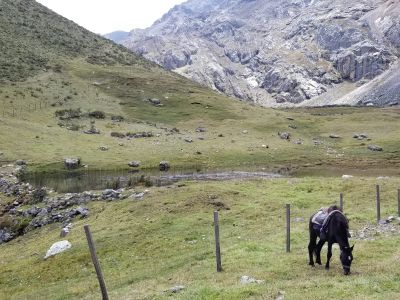
Community Livelihoods & Enterprise
Traditional mountain peoples are proud and innately resilient–accustomed to dealing with the harsh environmental conditions that surround them. But government services and policies (typically designed by and for lowlanders) do not adequately address the needs of these isolated, and often marginalized, communities. Mountain environments are often rich in natural resources but mountain communities are some of the poorest on Earth. Our work is to partner with mountain peoples to create more diverse and sustainable livelihoods that, combined with wise investments and government policies, can make mountain communities culturally vibrant and economically prosperous.
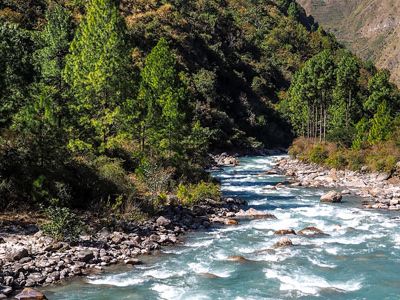
Conservation
Mountains are essential to the Earth’s water cycle and key to regulating the global climate. Every day, over half of humanity relies on mountains for freshwater. Mountains are home to nearly a quarter of global forest cover and 25 of the planet’s 34 terrestrial biodiversity “hotspots”. But these vast natural resources are severely threatened by changing climate and increasing human demands. We partner with mountain communities to steward mountain environments, conserving resources for local survival and for billions of people downstream.
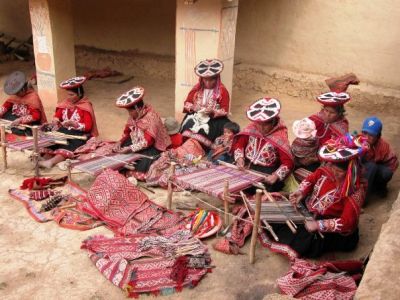
Empowering Mountain Cultures
Mountain communities harbor unique cultural traditions that
have been shaped by their natural environments for thousands
of years. Many of these cultures are made up of marginalized ethnic minorities. The traditional knowledge of these ancient cultures is of immense importance and value as we look for ways to adapt to a rapidly changing world. Preserving and empowering the extraordinary cultural heritages of mountain communities has been a focus of the Instituto de Montaña since our founding. We believe that for mountain communities to be fully healthy, they need to be not only ecologically, economically and socially healthy, but spiritually healthy as well.
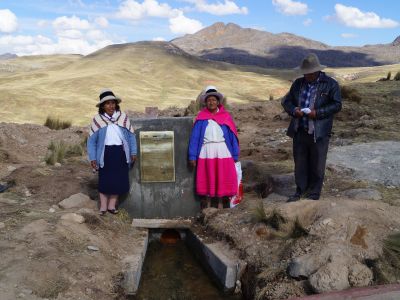
Ecosystem-based Adaptation
Efforts to manage, conserve or restore natural environments can help people adapt to climate change by taking advantage of a healthy ecosystem’s natural resilience. For example, programs that enable mountain farmers to sustainably cultivate, harvest and market valuable native crops provide a dependable source of income, promote biodiversity conservation and help maintain healthy soil. Similarly, by carefully managing a mountain watershed, erosion and pollution are reduced and native plant species and wildlife can rebound. This also helps ensure sufficient water supply for local communities and for populations further downstream. These nature-based solutions are examples of Ecosystem-based Adaptation, or EbA.
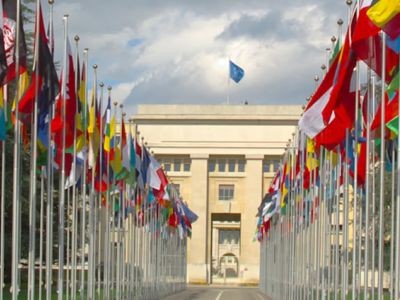
Advocacy & Governance
On a global scale, efforts to protect mountain environments and support mountain communities are grossly insufficient. To help push mountain issues higher on the global agenda, the Instituto de Montaña takes advantage of international and regional forums such as the United Nations’ Climate Summits (Lima, Paris and Marrakech). We also use our close relationships in countries where we’ve worked for decades to influence government policies and advocate for mountain people and environments.
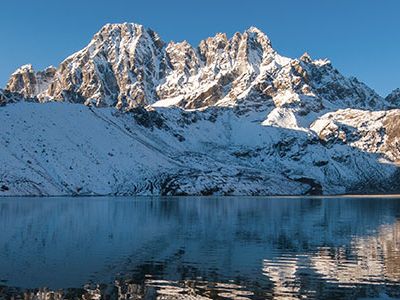
Science & Exploration
Instituto de Montaña staff and partners helped develop a community-driven approach to understanding changes in the world’s glaciers, including the threat from glacial lake outburst flooding. Our inclusive approach brings scientists, mountain villagers and local governments together. The resulting blend of scientific and traditional knowledge serves as a solid foundation for community-driven action plans for adapting to climate change. Lessons learned in the Himalayas of Nepal have been shared with mountain communities in the Andes through applied research materials, workshops and exchanges. The Instituto de Montaña hopes to continue fostering exchanges between mountain villagers and scientists around the globe.
